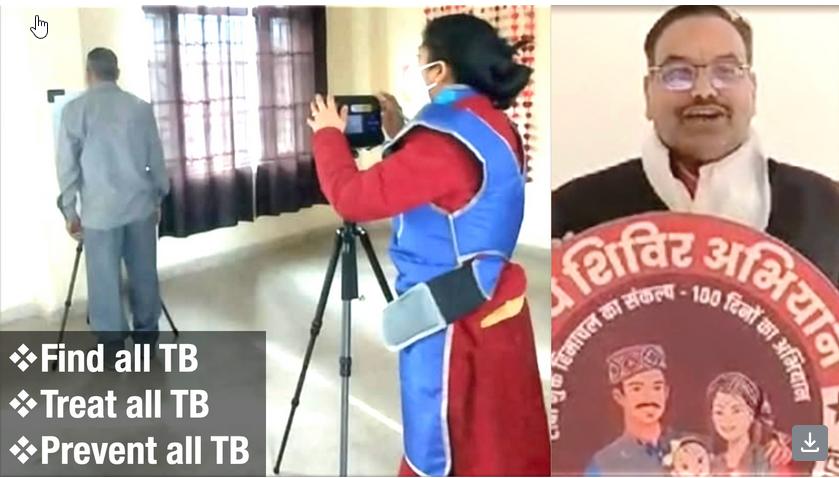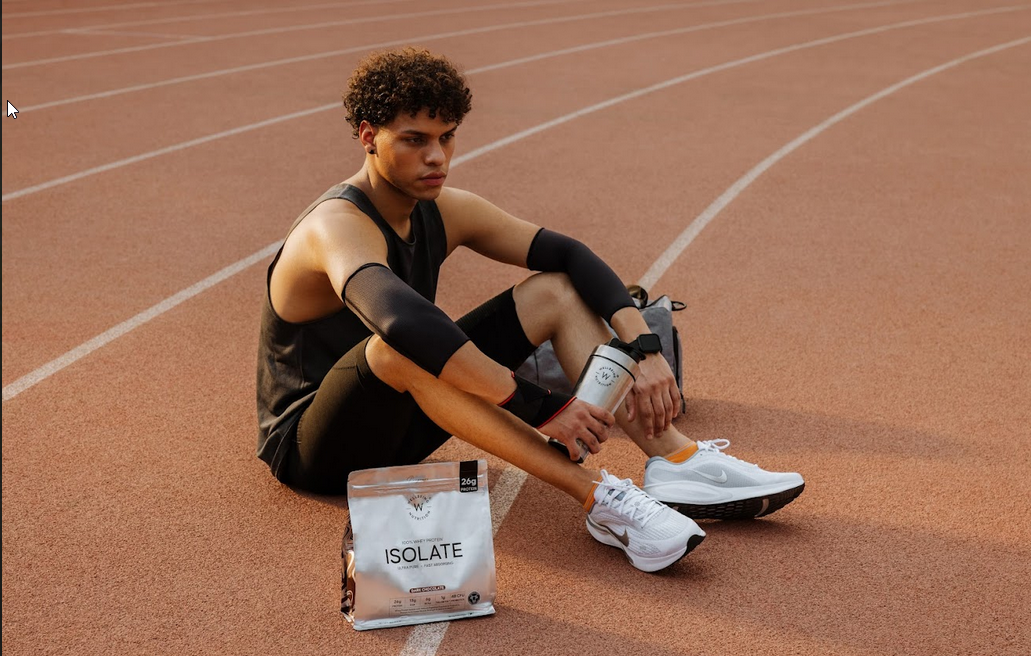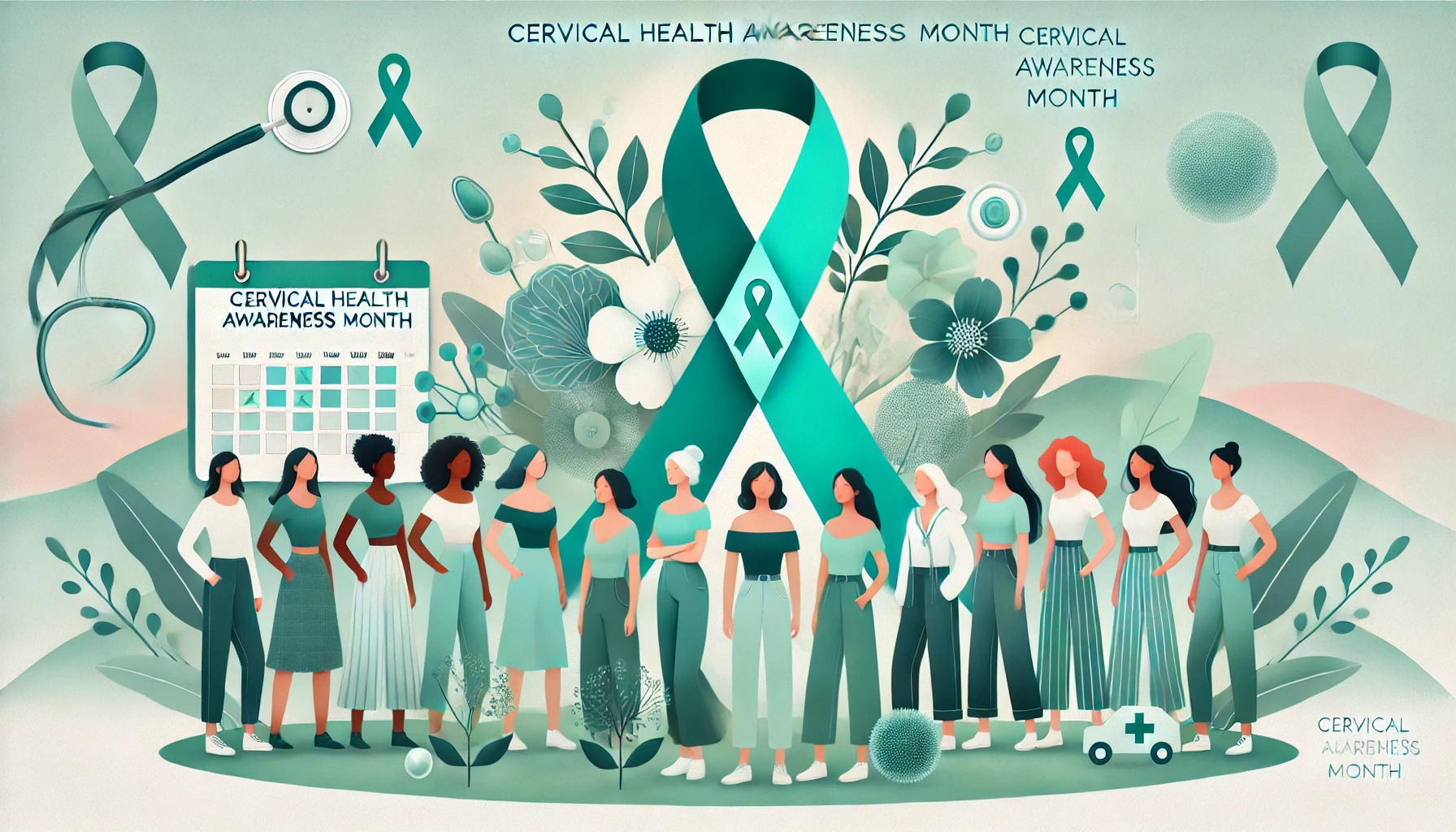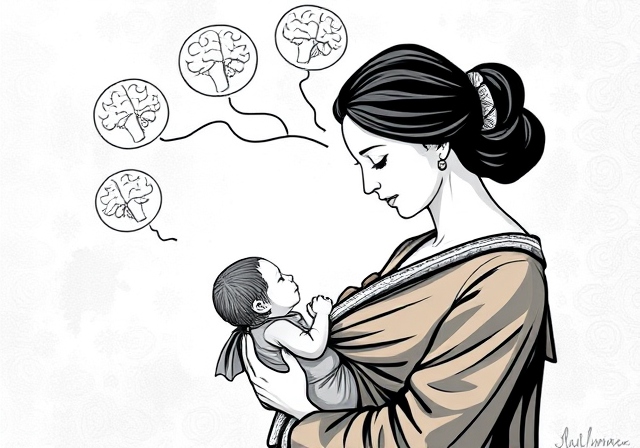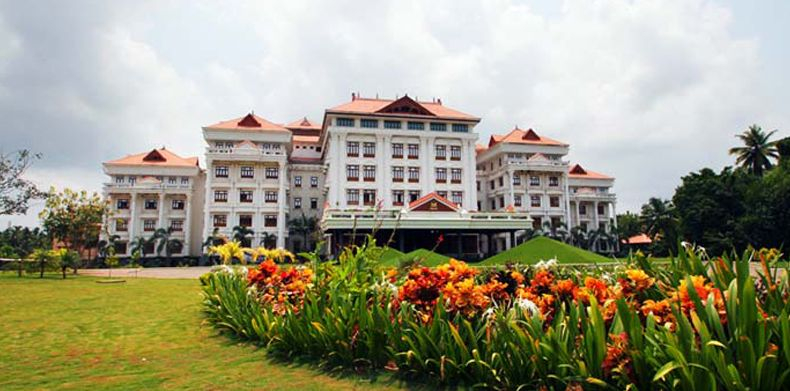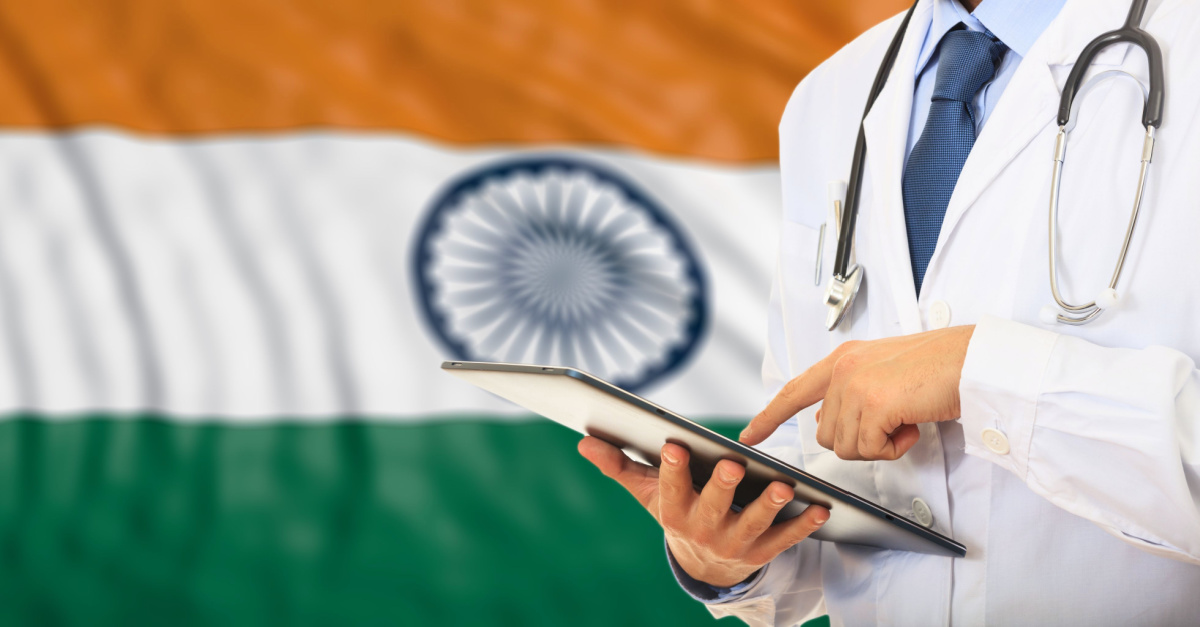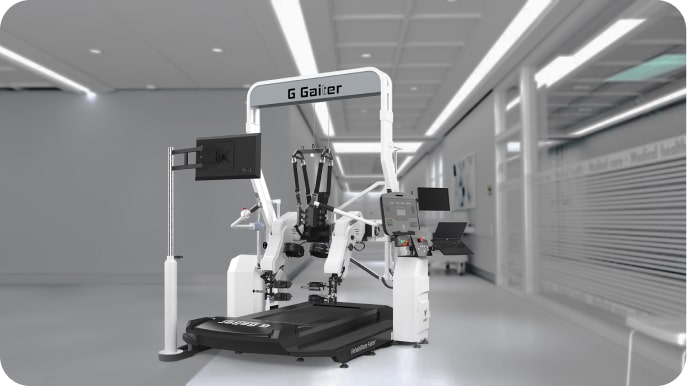As the summer sun blazes, it's crucial to take steps to protect yourself and your loved ones from the heat. The Government of India has issued important guidelines to help everyone stay safe during the hot months. Here are the key tips to beat the heat and ensure a healthy and enjoyable summer.
Avoid Direct Sunlight: One of the simplest yet most effective ways to stay safe during the summer is to avoid direct sunlight, especially during midday. The sun’s rays are the strongest between 10 AM and 4 PM, and prolonged exposure can lead to heat-related illnesses such as heat stroke and dehydration.
- Stay Indoors: Whenever possible, remain indoors during the peak sun hours. If you need to go outside, try to stay in the shade.
- Wear Protective Clothing: Dress in loose, light-colored clothing to reflect sunlight. A wide-brimmed hat can provide additional protection for your face and neck.
- Use Sunscreen: Apply a broad-spectrum sunscreen with an SPF of at least 30. Reapply every two hours, or more frequently if you are sweating or swimming.
Never Leave Children or Pets in Parked Vehicles: The interior of a parked car can heat up rapidly, reaching life-threatening temperatures in just a few minutes. Children and pets are particularly vulnerable to heatstroke, which can be fatal.
- Check Your Car: Always double-check your vehicle before locking it to ensure no one is left behind.
- Educate Others: Spread awareness among friends and family about the dangers of leaving children or pets in cars.
Wear Shoes Outside: Hot surfaces like pavement and sand can cause severe burns to bare feet. Protect your feet by wearing shoes whenever you are outdoors.
- Choose Comfortable Footwear: Opt for shoes that are comfortable and breathable to keep your feet cool.
- Check Surfaces: Before walking on hot surfaces, test them with your hand to gauge the temperature.
Avoid Strenuous Activities During Midday: Physical activities can become dangerous in extreme heat, particularly during the hottest part of the day. Engaging in strenuous work or exercise during these hours increases the risk of heat exhaustion and dehydration.
- Time Your Activities: Plan strenuous activities for the cooler parts of the day, such as early morning or late evening.
- Stay Hydrated: Drink plenty of water throughout the day to stay hydrated. Avoid caffeinated and alcoholic beverages, as they can lead to dehydration.
- Take Breaks: If you must work or exercise during the heat, take frequent breaks in the shade or in an air-conditioned area.
Additional Tips for Staying Safe in the Heat
Stay Hydrated: Proper hydration is vital during the summer. Your body loses more water through sweat, so it's important to replenish it regularly.
- Drink Water Regularly: Don’t wait until you’re thirsty to drink water. Aim for at least eight glasses a day, and more if you are active.
- Eat Hydrating Foods: Incorporate fruits and vegetables with high water content, such as watermelon, cucumbers, and oranges, into your diet.
- Avoid Sugary Drinks: Sugary and caffeinated beverages can increase dehydration. Stick to water, herbal teas, and natural fruit juices.
Use Fans and Air Conditioning: Keeping cool indoors is just as important as protecting yourself outside.
- Air Conditioning: If you have air conditioning, use it to maintain a cool indoor environment. If not, consider visiting public places like malls or libraries that offer air-conditioned comfort.
- Fans: Use fans to circulate air and create a cooling effect. Ensure proper ventilation by opening windows during cooler parts of the day and closing them during the hottest hours.
Cool Your Body: When the temperature rises, finding ways to cool your body can prevent heat-related illnesses.
- Cool Showers or Baths: Take cool showers or baths to lower your body temperature.
- Wet Cloths: Apply damp cloths or ice packs to your neck, wrists, and forehead to cool down quickly.
- Rest in the Shade: Spend time in shaded or air-conditioned places whenever possible.
Recognize the Signs of Heat-Related Illnesses: Understanding the symptoms of heat-related illnesses can help you take prompt action if needed.
- Heat Exhaustion: Symptoms include heavy sweating, weakness, cold, pale, and clammy skin, a fast but weak pulse, nausea, and fainting. If you experience these symptoms, move to a cooler location, drink water, and rest.
- Heat Stroke: This is a severe condition characterized by a high body temperature (above 103°F), hot, red, dry, or damp skin, a rapid and strong pulse, and possible unconsciousness. Heat stroke is a medical emergency, seek immediate medical attention if you or someone else shows these symptoms.
Special Precautions for Vulnerable Groups: Certain groups, such as the elderly, young children, and individuals with chronic illnesses, are more susceptible to heat-related problems.
- Check on Neighbors: If you have elderly neighbors or family members, check on them regularly to ensure they are coping with the heat.
- Keep Kids Cool: Ensure that children are dressed appropriately for the heat and are staying hydrated. Encourage them to play in the shade and take frequent breaks.
- Monitor Chronic Illnesses: Those with chronic health conditions should follow their doctor's advice on staying cool and hydrated. Heat can exacerbate conditions like heart disease, respiratory problems, and diabetes.
Preparing Your Home for Summer: Making a few adjustments at home can significantly improve your comfort and safety during the summer months.
- Insulate Your Home: Proper insulation can keep your home cooler in the summer and warmer in the winter. Check windows and doors for leaks and seal them to prevent hot air from entering.
- Use Blinds and Curtains: Close blinds and curtains during the hottest part of the day to block out the sun and reduce indoor temperatures.
- Create a Cool Sleeping Environment: Ensure your bedroom is cool and comfortable to promote better sleep. Use light bedding and keep a fan or air conditioning running if needed.
Community Resources and Support: Many communities offer resources and support to help residents stay cool during the summer.
- Cooling Centers: Local government and community organizations often set up cooling centers where people can go to stay cool during extreme heat.
- Public Pools: Utilize community pools to cool off. Always follow safety guidelines and supervise children at all times.
- Heat Alerts: Sign up for local heat alerts to stay informed about extreme weather conditions and receive safety tips.
As temperatures soar, it's essential to take proactive steps to protect yourself and your loved ones from the dangers of extreme heat. By following these guidelines from the Government of India, you can enjoy a safe and healthy summer. Remember, staying cool, hydrated, and informed are key to beating the heat and preventing heat-related illnesses.
Stay safe and take care of yourself and those around you during these hot summer months.
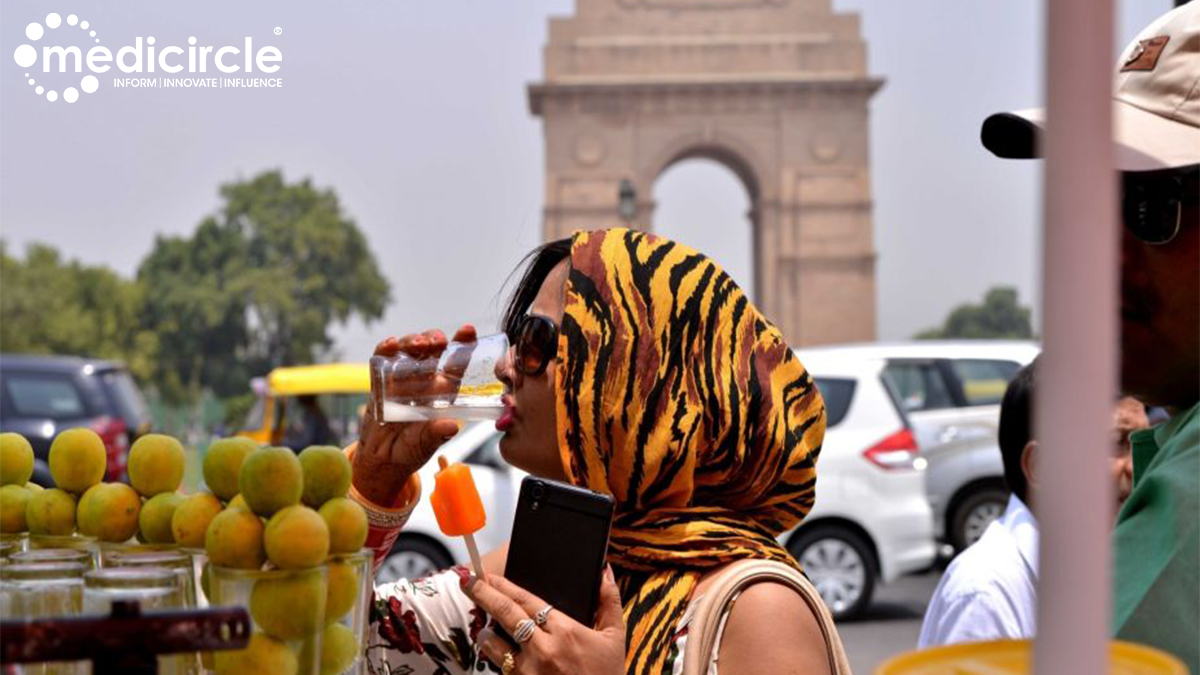
 As temperatures soar, it's essential to take proactive steps to protect yourself and your loved ones from the dangers of extreme heat.
As temperatures soar, it's essential to take proactive steps to protect yourself and your loved ones from the dangers of extreme heat. 










.jpeg)


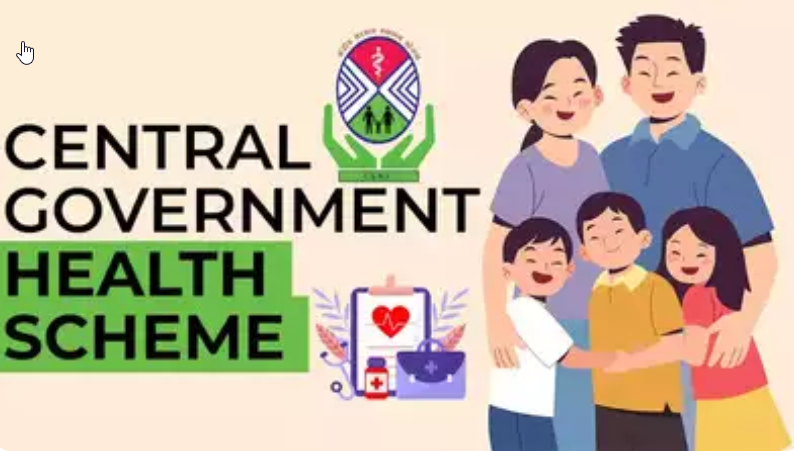
.jpg)
.jpg)
